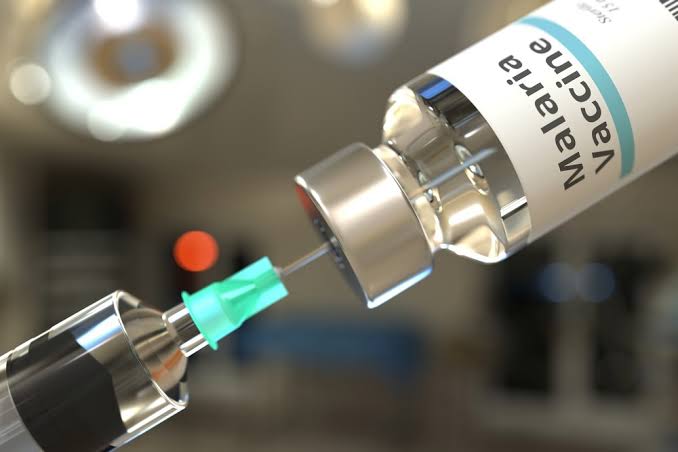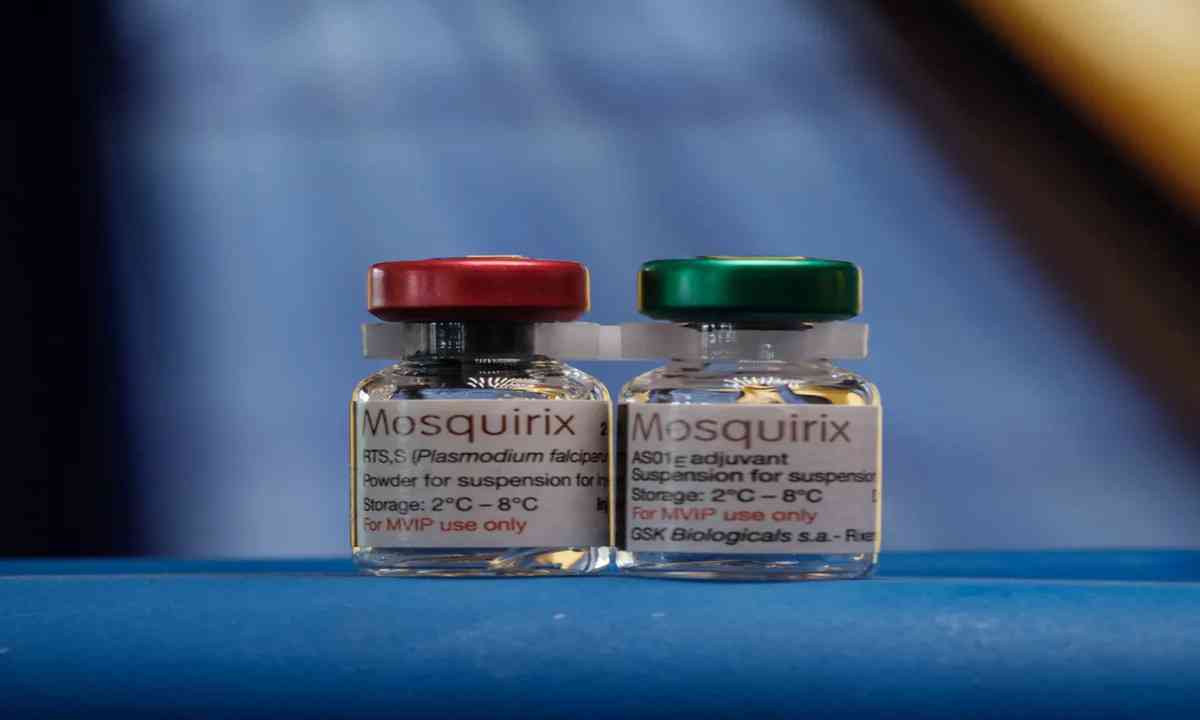Ghana is the first nation in the world to approve an Oxford University-developed new malaria vaccine.
In a study that was published in September and involved 400 children from Burkina Faso, R21/Matrix-M was found to be as effective as 80%. In Africa, malaria kills over 600,000 people annually, the majority of whom are children, and a vaccine has been sought for decades.
Despite the use of bed nets, medications to prevent the disease, and insecticide sprays, one child under the age of five dies from it every 75 seconds. After reviewing the outcomes of a larger phase-three trial involving 4,800 children in Burkina Faso, Kenya, Mali, and Tanzania, the drugs authority in Ghana has approved the vaccine.
As the World Health Organization completes its own evaluation, those results are anticipated to be published in a medical journal in the coming months. Organizations like Unicef and the vaccine alliance Gavi could provide funding for millions of doses if the WHO grants its approval.

The Jenner Institute's R21 program director, Oxford scientist Professor Adrian Hill, stated that Ghana had approved R21 for children aged five months to 36 months, the highest risk category. Additionally, a deal has been reached with the Serum Institute of India for up to 200 million annual doses.
In trials, the vaccine was given in three doses spaced four weeks apart, followed by a booster one year later. Teacher Slope said the bigger stage three preliminary likewise showed "elevated degrees of viability and a consoling wellbeing profile" - and this outcome seems to have given Ghana the certainty to endorse R21.
Prof. Hill stated that this is the first time a significant vaccine has been approved prior to rich nations in an African nation. "African regulators have been taking a much more proactive stance, especially since COVID, they've been saying we don't want to be last in the queue," he stated.

When the West African nation will begin distributing the vaccine is not yet known. Mosquirix, the first malaria vaccine, was approved by the WHO last year. Despite its commercial potential and lack of funding, its rollout has been limited.
GSK has vowed to make up to 15 million dosages each year until 2028, however, it's far shy of the 100 million or so portions the What Says' identity is expected to cover 25 million kids. Up to this point, around 1.2 million kids in Kenya, Ghana, and Malawi have had something like one dosage of Mosquirix as a component of a pilot that started in 2019.
In the areas where it has been controlled, the WHO says all-cause youngster mortality has fallen by 10%.
©️ Vygr Media Private Limited 2022. All Rights Reserved.



















